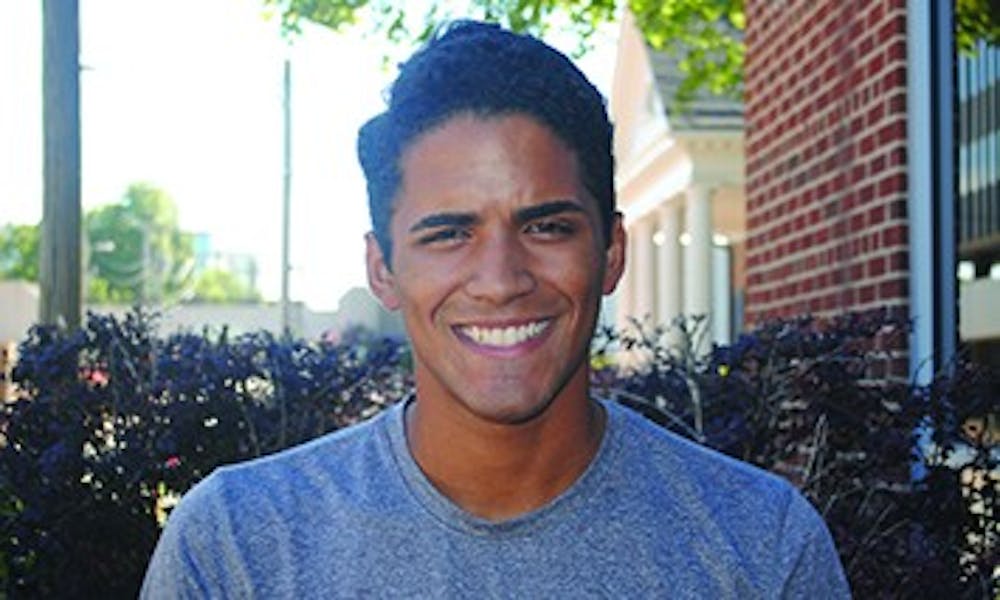On Friday, I and a few hundred people were fortunate enough to catch the Holy Spirit at the 11th annual HKonJ March Mass Meeting and Worship Service at Rush Metropolitan AME Zion Church in Raleigh. The service included guest speakers Rev. Traci DeVon Blackmon, Lisa Sharon Harper and the president of the N.C. NAACP, Rev. William Barber II.
Barber began his remarks by noting that due to the organizing efforts of the N.C. NAACP and HKonJ, North Carolina was the only state that didn’t get completely toppled over by Trumpism in the 2016 election.
“The Montgomery bus boycott movement didn’t just happen one day. The Women’s March a few weeks ago didn’t just happen one day. The Black Lives Matter movement didn’t just happen one day ... It happened because the people who organized those things have built relationships for years so that we would be prepared for a moment just like this,” Barber said.
This is important. Organizing people to come together on issues is the best form of resistance.
In the 2016 election Democrats gained the governor’s chair and the attorney general’s seat and retook the majority in the N.C. Supreme Court for the first time in the 21st century. All this in spite of the voter suppression techniques that Judge Diana Gribbon Motz noted “target African Americans with almost surgical precision.”
We can only imagine how the results would have turned out if the political playing field in N.C. was leveled.
The problem is that this isn’t a special, isolated case in N.C. — this is largely the problem of the American South, with racialized voter suppression and majority conservative rule.
The following Saturday, Feb. 11, tens of thousands of people lined the streets of Raleigh and marched toward the State Capitol to demand a moral revolution of values in North Carolina and in America. The events of this weekend reminded me — and the leaders of the Moral March stressed — that organizing in N.C., the South and everywhere is vital for progress.
Can we change the South? Have we even tried?




